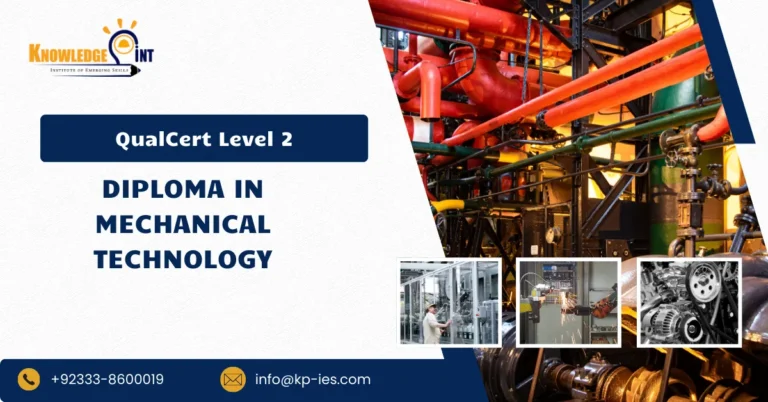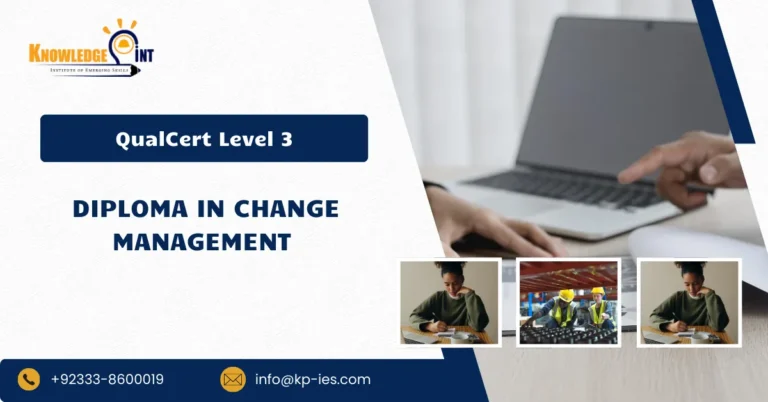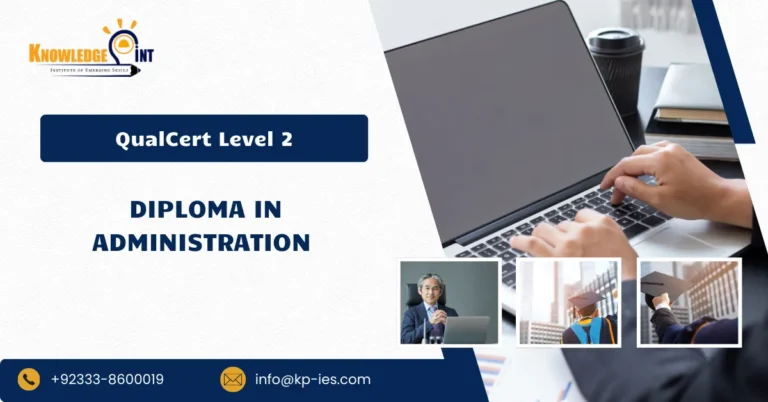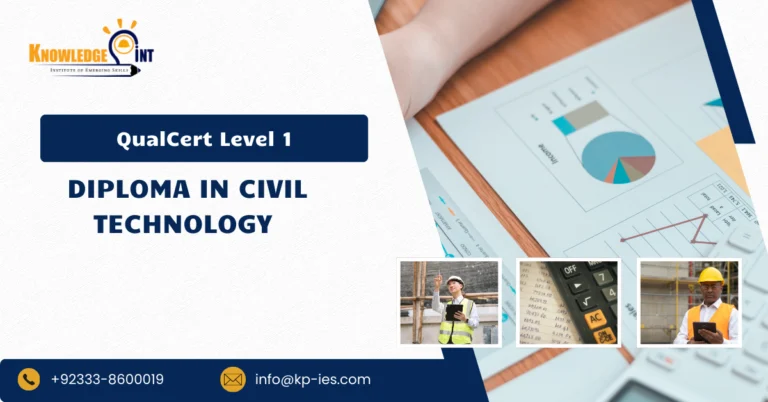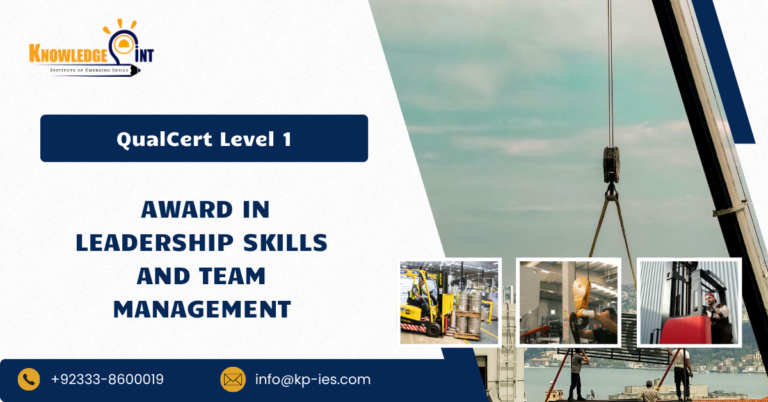QualCert Level 1 Diploma
Quality Control (QC)
Awarding Body
QualCert
Credits
30 Credits
Course Type
Quality Control
study mode
Online Learning
Course overview
The QualCert Level 1 Diploma in Quality Control (QC) is an introductory qualification designed to provide learners with essential knowledge and basic practical skills in quality management and inspection processes. This diploma offers a clear foundation in quality control principles, including simple inspection techniques, basic testing methods, and an introduction to quality assurance systems. Learners gain an understanding of how products and processes are checked and monitored to ensure they meet organisational and regulatory standards.
Throughout the programme, participants develop fundamental workplace skills needed in quality-focused environments. The course covers basic product inspection, identifying defects, accurate record-keeping, and understanding standard operating procedures. Emphasis is placed on attention to detail, following instructions, teamwork, and maintaining safe working practices. Learners are also introduced to essential health and safety requirements and the importance of compliance within manufacturing and production settings.
This diploma is ideal for school leavers, beginners, or individuals seeking entry-level opportunities in manufacturing and engineering industries. Upon completion, learners are prepared to support quality control activities under supervision, assist with routine inspections, and contribute to maintaining product standards. The qualification also provides a progression pathway to the Level 2 Diploma in Quality Control and further professional development in quality assurance roles.

Approved Training centre of QualCert Uk
Centre # : QC230656

Entry Requirments
Entry Requirements for the QualCert Level 1 Diploma in Quality Control (QC):
- Educational Qualifications:No formal qualifications are required; basic literacy and numeracy skills are recommended.
- Professional Experience:No prior work experience is necessary, making it suitable for beginners and entry-level learners.
- English Language Proficiency:Since the program is delivered in English, learners must show competence in reading, writing, and communication.
Course structure
The QualCert Level 1 Diploma in Quality Control (QC) in Personal Protective Equipment qualification consists of 11 mandatory units.

